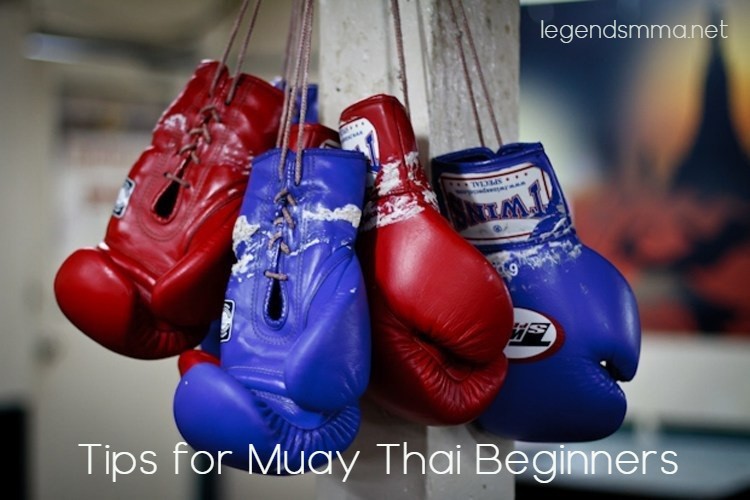Muay Thai is rapidly turning into one of the world’s most popular martial arts. It was originally an obscure type of kickboxing from Thailand. (There, it is their national form of combat.) It has many life-changing benefits and has become a cultural phenomenon in the West. This blog post aims to give those starting out some basic information before their first class in order to fire them up. Read further to find out what you need to know.

A Quick Guide to Muay Thai for Beginners
- Choose a Good Gym
If you are looking to have a healthy and happy career in Muay Thai, you need to select the right gym. It is important you choose one with experienced coaches, a high standard of training and good equipment. Many gyms offer a free trial session so you can try their classes out before signing up. This allows you to get a feel for the place and the level of professionalism maintained by the trainers. Be sure to take into, consideration how far away the gym is from your home and how much it costs. If it takes too long to get there or costs too much, you could lose your motivation to go regularly.
- Purchase Proper Sparring Equipment
You do not need much equipment as a Muay Thai beginner. Your gym will most likely have shin guards, headgear and gloves, but bear in mind that other people will have used them before you. If this is an issue, invest in your own equipment. Here is a list of things you will need:
- Mouth Guard – This protects your head, jaw and teeth. You may want to start wearing one before you begin training to get used to it.
- Gloves – Muay Thai gloves are lighter than those used for boxing and have open palms to permit clinching.
- Jock – This is just as important as the mouth guard and takes some getting used to.
- Hand Wraps – This helps protect your fingers and skin.
Along with basic gear, these are specifically for sparring:
- Head Gear – Good-quality headgear reduces the impact of direct hits to the head.
- Shin Guards – Your shins will gain strength and become tougher as you train but you should wear a guard to protect yourself from unnecessary injuries.
- Elbow Pads – These protect your elbows from powerful blows. They also protect your sparring partner against your strikes.
- Use Varied Strikes
When sparring or fighting, it is not advisable to use a single style of striking. Doing so will get your sparring partner too accustomed to your fighting style, making is easier for them to anticipate your moves. Instead, mix your kicks, knee strikes, clinches and punches so your opponent can’t anticipate what comes next. This comes with repetition, and the more you practice, the better you will become.
- Don’t Overdo It
Your instructor will most likely tell you to go at half your speed/strength when you start training. Remember, the goal is to improve your techniques and skills, not to see if you can knock your opponent down. The same applies to your partner as well. If you notice them using their full strength when sparring, ask them not to.
- Avoid Headshots
Just because a fighter has headgear does not mean that a headshot will not do major damage. Avoid taking headshots when sparring. Instead, focus on improving your timing, defence and range reactivity.
- Rest and Recover
Since Muay Thai is physically demanding, take time to rest and recover. Space your sessions out through the week to avoid training every day or even on consecutive days. Also, make sure you get a good night’s sleep. Our experts recommend that beginners and trained fighters alike maintain a healthy diet. Eat plenty of carbohydrates, proteins, good fats and vegetables to ensure your body is adequately fueled for the action.
Muay Thai requires new fighters to increase their physical strength and learn a range of new skills. It also helps you understand your body and its limitations like never before while meeting new people who also want to learn. We hope you find the above-mentioned information helpful and will incorporate it into your initial training sessions. And remember, have fun.
